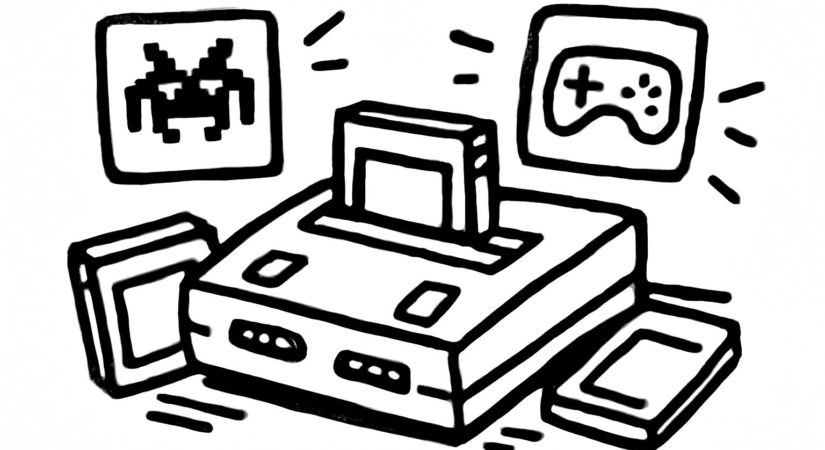A recent report from The Game Business by Chris Dring reveals that most third-party games at the Switch 2 launch sold poorly, while first-party titles dominated sales. According to NielsenIQ, 86% of physical Switch 2 game sales, including the Mario Kart World bundle, were first-party. Excluding the bundle, first-party sales accounted for 48%.
In the US, Circana data shows 68% of sales were first-party excluding the bundle. For context, the original Switch launch saw 89% first-party sales in the UK and 81% in the US. The slight decrease in first-party share is partly due to a larger number of physical Switch 2 launch titles compared to the Switch 1.
The top-selling third-party game was Cyberpunk 2077: Ultimate Edition. Sega ranked as the third-largest third-party publisher on Switch 2, with launch titles including Sonic X Shadow Generations, Yakuza 0: Director’s Cut, and Puyo Puyo Tetris 2S. However, one unnamed publisher described initial sales as “below our lowest estimates,” despite strong hardware sales.
Several factors may explain these low third-party numbers. Most Switch users primarily purchase Nintendo games. The Switch 2’s backward compatibility allows players to enjoy improved versions of Switch 1 titles, reducing urgency to buy new games. Many third-party offerings are older ports gamers may already own. Additionally, most third-party games use Game-Key Cards, which have faced criticism from fans; Cyberpunk’s higher sales may be linked to including the full game on cartridge.
Lastly, Nintendo restricted early review units for the Switch 2, limiting consumer insight on third-party games. For example, Hitman World of Assassination demonstrates strong potential on paper but suffers from notable frame rate issues.
Looking ahead, upcoming first-party releases like Donkey Kong Bonanza and Pokémon Legends: Z-A could maintain first-party dominance, potentially challenging third-party sales further in the near term.
